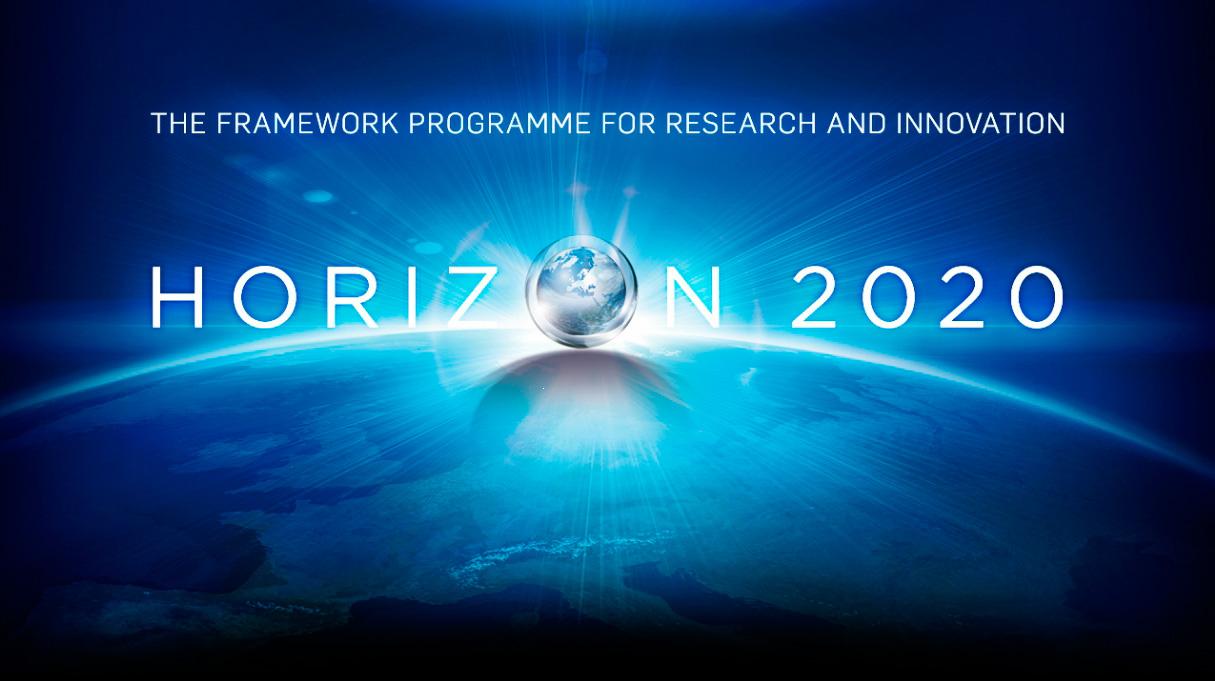
In recent years, crises and disasters (Eyjafjallajökull volcano and Deepwater Horizon offshore oil drilling rig 2010, Fukushima Daiichi nuclear disaster 2011) have made it obvious that the approach to preparing for and dealing with such events needs to be resilient.
A consortium of practitioners and universities, including BGU, were recently awarded funding by the EU’s Horizon 2020 program for a project entitled “Expecting the unexpected and know how to respond” (DARWIN). DARWIN is designed to improve response to expected and unexpected crises affecting critical infrastructures and social structures. It addresses the management of both man-made events (e.g. cyber-attacks) and natural events (e.g. earthquakes).
The main objective of this project is the development of European resilience management guidelines. These will improve the ability of stakeholders to anticipate, monitor, respond, adapt, learn, evolve, and operate efficiently in the face of crises. Guidelines will be presented in formats for easy usage and maintenance, in order to avoid their becoming dust-collectors on a shelf. To facilitate dynamic, user-friendly guidelines, the project will adapt innovative tools (e.g. serious gaming, training packages), test and validate the guidelines, and establish knowledge about how organizations can implement guidelines to improve resilience.
A multidisciplinary approach is applied, involving experts in the field of resilience, crisis and risk management, social media and service providers in the Air Traffic Management and health care domains. To ensure transnational, cross-sector applicability, long-term relevance and uptake of project results, a Community of Crisis and Resilience Practitioners (CoCRP) will be established, including stakeholders and end-users from other domains and critical infrastructures and resilience experts. The target beneficiaries of DARWIN are crisis management actors and stakeholders responsible for public safety, such as critical infrastructure and service providers, which might be affected by a crisis, as well as the public and the media.
The BGU team comprising Dr. Bruria Adini, Prof. Limor Aharonson-Daniel (both of the Department of Emergency Medicine) and Prof. Avishay Goldberg (Department of Health Systems Management) will contribute their expertise in Crisis Management as well as Social media, Resilience and healthcare systems. The project duration will be 36 months.
Partners: Stiftelsen SINTEF (Norway); Technische Universität Braunschweig (TUBS, Germany); Carr Communications International Communications Consultants (CARR, Ireland); Deep Blue SrL (DBL, Italy); ENAV S.p.A (Italy); Istituto Superiore di Sanità (ISS, Italy); Totalförsvarets forskningsinstitut (FOI, Sweden); Katastrofmedicinskt centrum (KMC, Sweden); Ben-Gurion University of the Negev (BGU; Israel).
